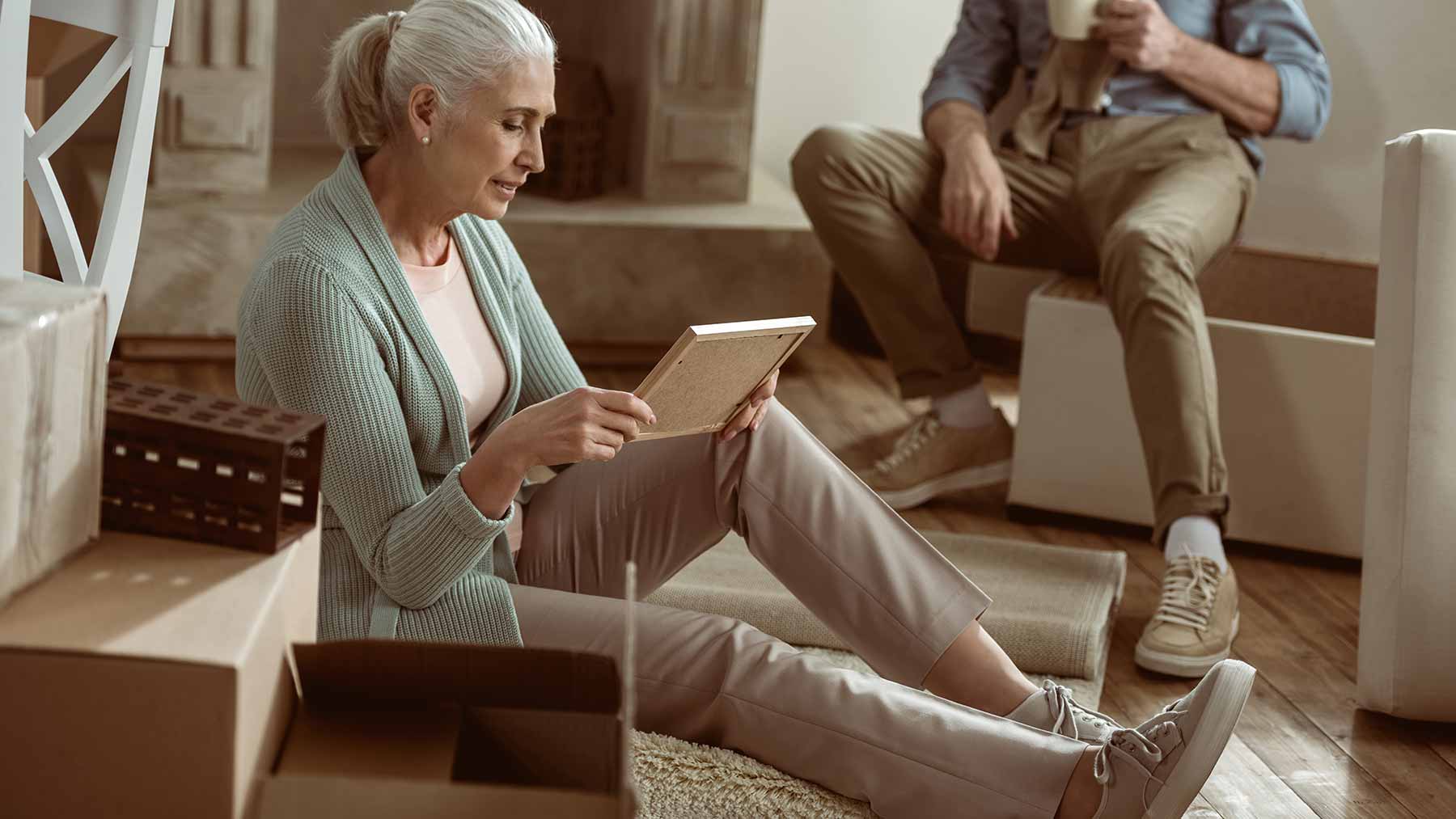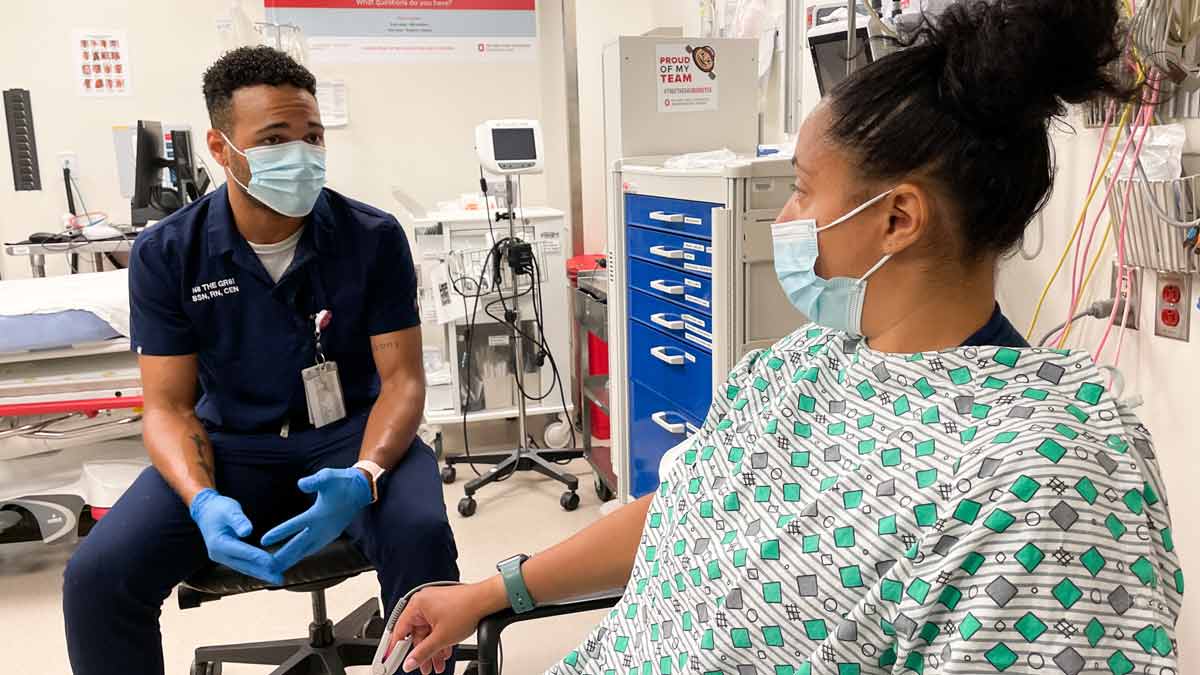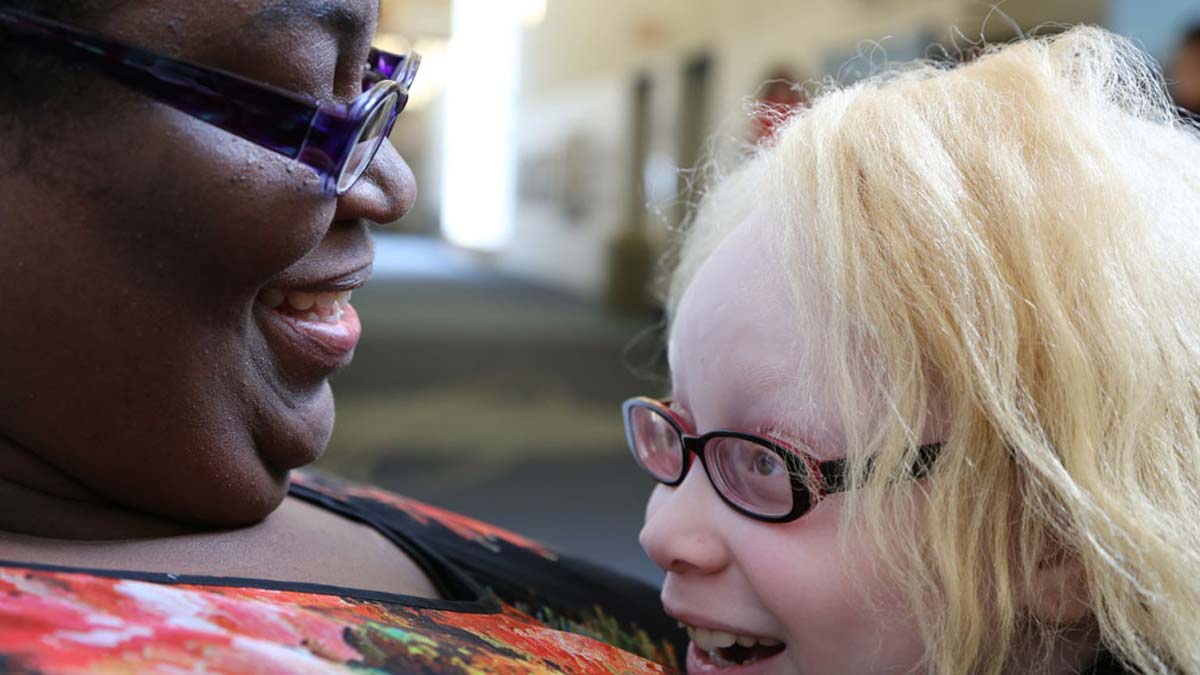7 ways this Swedish cleaning method may improve your life
 If you live long enough, you have the potential to accumulate a lot of stuff. Some may be sentimental, some may be functional and a lot of it you may have forgotten you even had.
If you live long enough, you have the potential to accumulate a lot of stuff. Some may be sentimental, some may be functional and a lot of it you may have forgotten you even had.
When you hit a certain age and start preparing for the end of life, it may be time to take stock of your belongings, along with drafting your will, advance health care directive and power of attorney.
Decluttering before you die is detailed in the book The Gentle Art of Swedish Death Cleaning: How to Free Yourself and Your Family from a Lifetime of Clutter by Margareta Magnusson. The author provides a practical way to simplify your life so your loved ones don’t have to do it after you’re gone.
Döstädning, which translates to “death cleaning,” can be highly beneficial to your life whether you’re young or old. Here are just a few of the ways:
1. Puts the power in your hands
Decluttering when you’re in the prime of your life puts the power in your hands. You may have accumulated a lot of items in your home that are yours or your children’s. They may be stored in attics, basements or bedrooms that you no longer use. Do the hard work of cleaning out your home now, before it’s forced upon you. If you have to downsize or move to an assisted-living facility, you can make the transition with ease.
2. Helps you focus
As we age, our cognitive ability and memory may become limited. Not having all the extra stuff around allows you to process things easier and concentrate on more immediate needs.
3. Allows you to resolve memories
Some people don’t want their personal belongs to go on to someone else or to have someone rifle through them. They’re your memories, they’re your things and you want to resolve them. Spend time going through old letters and photos. For those truly personal memories, store them in a box and instruct a trusted family member or friend to destroy it after you’re gone.
4. Maximizes financial benefits
There may be financial benefits to selling or donating items you no longer use or need. As the owner of an object, you probably know its value or you may have purchase receipts. This could be helpful as you sell items at an estate sale or online, or to maximize tax deductions.
5. Enables you to secure valuable items
Take stock of your belongings so you have an accurate account of what you own. Use technology to create a visual catalogue. Consider storing valuables in a safe deposit box. Gone are the days when everyone lived in the same town. When your health declines, you may need support services. Unfortunately, there is a chance a caregiver may walk off with treasures or personal items. Secure them now to minimize the theft risk.
6. Grants you the joy of giving
Giving can be a pleasurable thing. There may be personal belongings that you want to leave to the next generation. Sharing those things now allows you to experience the joy it brings both giver and receiver.
7. Lifts responsibility from surviving family and friends
It can be daunting to clean out the home of a loved one who has died. You can lighten their load by being a good steward and cleaning up after yourself on this earth.
Donald Mack is a family medicine physician at The Ohio State University Wexner Medical Center who specializes in geriatric, palliative and hospice medicine.




